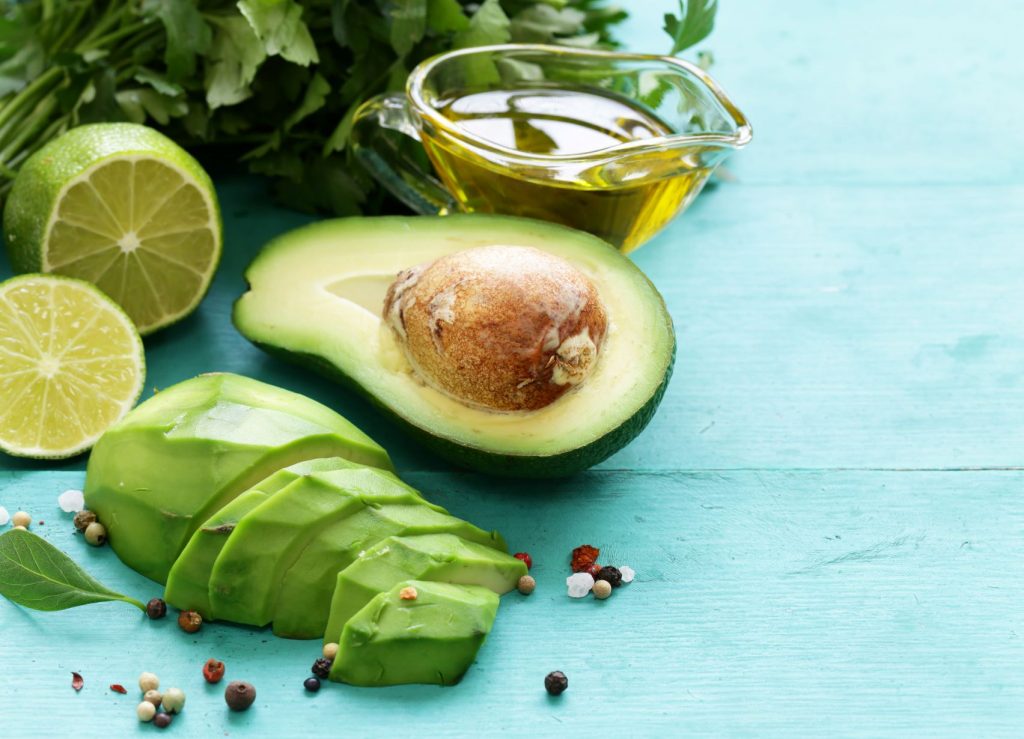What Should I Be Eating Everyday?
It is important to eat a variety of foods in order to maintain a healthy lifestyle and reduce your risk of developing chronic illnesses. In addition to fruits and vegetables, you should eat several different types of protein. These food groups are known for providing a variety of vitamins and minerals. A healthy diet also contains plenty of dietary fiber. Your daily intake of whole grains should be between six and ten ounces. Eating fish and seafood is also recommended.
Healthy eating is all about balance
For a healthy lifestyle, a balanced diet is important. A wide range of foods is the best way for you to get the right balance of nutrients. Different foods provide different vitamins and minerals. It is important to include different foods from each food group. Having a balanced diet means eating a variety of foods, including the food groups that have fewer calories.
If you want to lose weight, you should make sure that you choose healthy foods. You should also have short-term and longer-term goals. You can do this with the help of family, friends, and registered dietitians. There are also many online communities to support healthy eating.
Fruits and vegetables are a great addition to a healthy diet
Your overall health can be improved by including fruits and vegetables in your daily diet. They are also easy to include in your meals. They can be served as a side dish or added to salads. You can also puree or add warm fruit to pancakes, waffles, or other dishes.

Try to eat four to five portions of fruits and vegetables daily for optimal health. A serving is one cup of raw or cooked leafy green vegetable, or half a cup of cut-up fruit. Fruits and vegetables are rich in fiber and different nutrients. They also contain more slowly-digested carbohydrates. You can try new recipes that use more vegetables such as soups, stir-fries and salads.
Wholegrains
Eating wholegrains is linked to a lower risk of heart disease and diabetes. They are rich in fibre, B vitamins, and minerals. They also contain some protein, unsaturated fats, and some carbohydrates. The inside part of the grain, called the germ, contains valuable nutrients such as vitamin E and selenium.
A recent study found that eating two serves of wholegrain cereal daily may reduce the risk of type 2 diabetes by 20%. Wholegrain cereals may also benefit people with diabetes, as fibre in these foods improves insulin sensitivity and diabetes control.
Yogurt
Good health starts with choosing the right food. Healthy eating habits include plenty of fruits, vegetables, and whole grains. Yogurt is a great choice, as it contains probiotics (or “good bacteria”) which help your gut stay healthy. Yogurt is a good source protein and other nutrients. It can also help you feel fuller for longer periods of time. Plain yogurt has fewer calories than flavored varieties and is the healthiest choice.
Nuts
The answer to the question, “What should I be eating everyday?” varies depending on your preferences. You should eat a variety of fruits, vegetables, and nuts. They are a great source of protein and healthy oils. They may also help prevent insulin resistance. You should also know that nuts can be high in calories. One ounce of nuts contains about 200 calories. A small amount of nuts should be consumed daily.
Nut butters
Nut butters can be a great way of adding healthy fats to your food. They are full of nutrients and fiber that are vital for optimal health. They can even stabilize blood sugar levels. Nut butters are a great source of vitamin E, protein, as well as B-vitamins. In addition, they improve digestion and protect cell membranes.
Nut butters are high-calorie, but extremely healthy. Many brands contain healthy fats, phytosterols, and other beneficial ingredients. They are also high in protein and fiber. They are also rich in vitamin E, which supports healthy hair and skin as well as a strong immune system.


